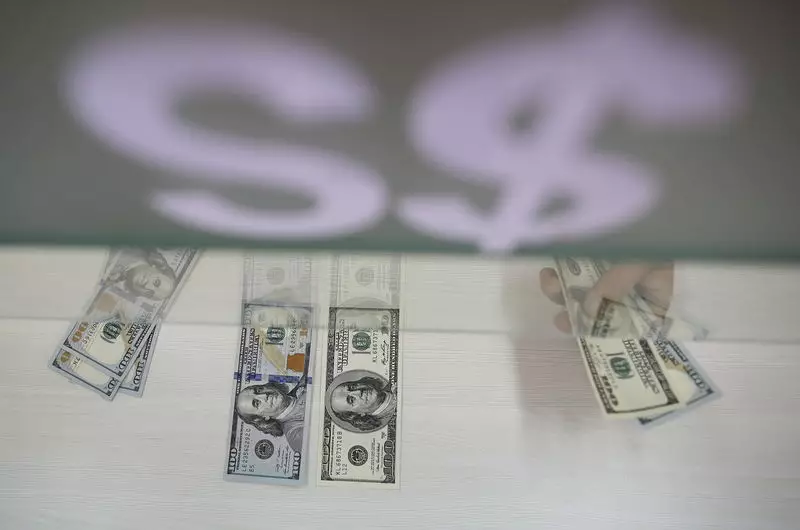As President-elect Donald Trump prepares to assume leadership, he is reportedly set to initiate significant changes in cryptocurrency regulations, leveraging executive powers in an effort to support digital asset adoption. In stark contrast to the regulatory landscape set forth by the Biden administration, Trump’s early moves are seen as proactive attempts to foster a more cryptocurrency-friendly environment in the United States.
Throughout his campaign, Trump positioned himself as a proponent of digital currencies, appealing to crypto enthusiasts with promises of becoming a “crypto president.” This rhetoric culminates in plans to establish a crypto advisory council shortly after his inauguration, a concept he previously hinted at last July. The proposed council is expected to consist of up to twenty members who would provide guidance on creating pro-crypto policies. By establishing such a body, Trump aims to signal his commitment to the digital asset sector from the outset of his presidency.
Additionally, Trump’s administration is contemplating an executive order directing the Securities and Exchange Commission (SEC) to retract the controversial accounting guidance known as “SAB 121.” This specific regulation has imposed financial burdens on numerous firms, particularly banks, making it less feasible for them to manage cryptocurrencies on behalf of their clientele. The potential revocation of this guideline reflects Trump’s broader intention to ease the regulatory environment for cryptocurrency firms, promoting their integration into the traditional financial system.
Moreover, Trump appears poised to put an end to what is characterized as “Operation Choke Point 2.0.” Crypto executives have labeled this initiative as an aggressive, coordinated effort by federal bank regulators to exclude cryptocurrency businesses from accessing essential banking services. Though regulatory authorities have denied the existence of such a program, the perception within the crypto community is one of encroachment and hostility. By dismantling this initiative, Trump aims to eliminate barriers that have hindered crypto firms from thriving.
Should these anticipated executive actions materialize, experts suggest they would significantly advance the acceptance and utilization of cryptocurrencies within American society. The incoming administration’s strategies stand in stark opposition to the Biden administration’s more skeptical stance, which has involved legal takedowns of major exchanges like Coinbase and Binance. Critics of the crypto industry point to high-profile cases of fraud and malfeasance as evidence of the risks associated with digital currencies. The fallout from these incidents has prompted calls for strict oversight, raising concerns about investor protection amid rampant speculation.
Nonetheless, Trump’s administration is framing their approach as a means to invigorate the innovation potential of blockchain technologies and digital assets. By rolling back restrictive measures and fostering a collaborative atmosphere around cryptocurrency, Trump’s team envisions creating an environment where these technologies can flourish.
Cryptocurrency regulation is just one piece of a larger web of directives that Trump is expected to launch immediately after stepping into office. From environmental policies to immigration reforms, the new president’s team has signaled intentions for a flurry of executive orders aimed at implementing his vision for America. As various sectors await these changes, the cryptocurrency market stands out as a focal point of economic potential and a reflection of the divisive political landscape the country currently experiences.
Furthermore, the composition of Trump’s administration—with key figures from the cryptocurrency community among his financial backers and close advisors—underscores the administration’s commitment to legislation favoring digital assets. The ability to navigate regulatory waters swiftly may empower cryptocurrency firms to better capitalize on their innovations and investments in emerging technologies.
Trump’s presidency promises a notable pivot in cryptocurrency regulation, potentially easing the regulatory pressures that some argue have stunted the industry’s growth. The ramifications of these changes could see cryptocurrency companies not only gaining a foothold in the American market but flourishing as core components of a broader technological ecosystem. As regulatory landscapes evolve, both supporters and detractors of cryptocurrency will be watching closely to see how the administration’s plans unfold in the coming days and beyond.

